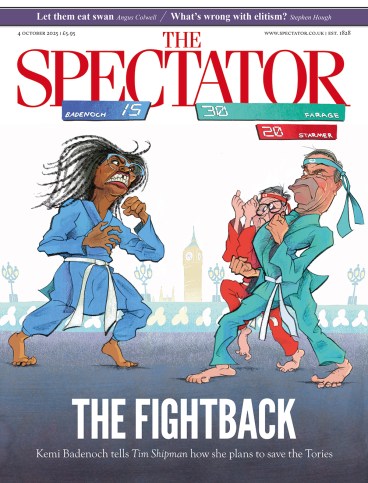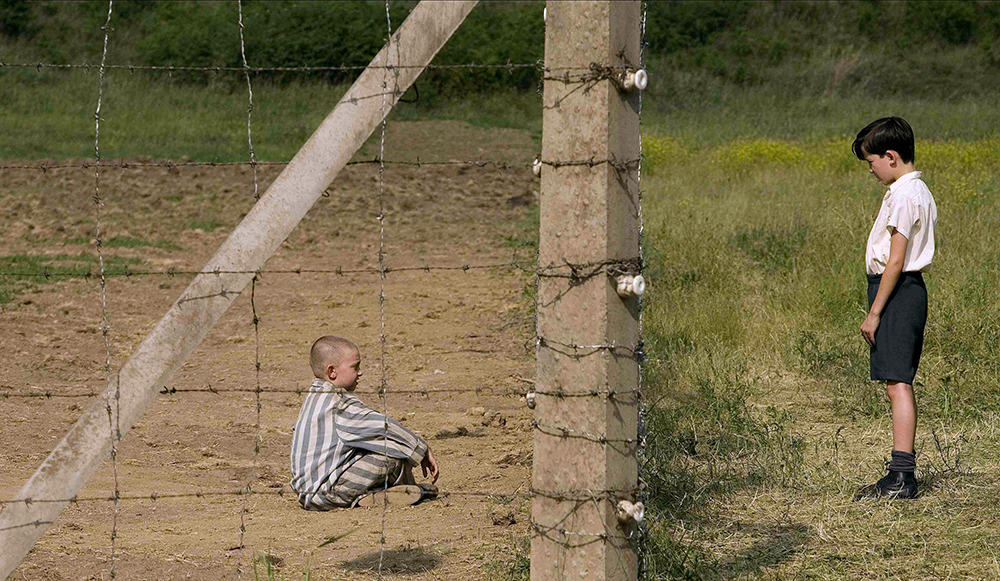
Israel would not have been born when it was – 1948 – without Hitler’s genocidal war on European Jewry. Dispossessed Jews had to be provided with a home. In the rush to establish a Jewish state in Palestine, safeguarding Arab nationalism was not the most pressing concern. Israel’s foundation thus marked a turning point in the fortunes of the world more grievous than anyone could have anticipated.
Most European nations supported Israel during the Arab-Israeli war of June 1967, when President Nasser of Egypt moved his troops into Sinai on the Israeli border and, as part of a violent pan-Arabist ideology, vowed to eliminate Jews (and Christians). While Nasser seemed to goad Israel to war, Jews everywhere feared that their people stood on the brink of a second catastrophe within a quarter-century. But Israel stood up to the Arab world and, against the odds, survived. In six days it not only defeated three Arab armies but tripled the size of territory under its control. The news was uplifting for the Jewish world; but many Jews were disconcerted to see Israel change into a country like any other, ‘good at fighting and quarrelling, inclined to national pride’, as the Italian writer Primo Levi put it.
Mark Mazower, in his scholarly meditation on the nature of modern anti-Semitism, views the Six-Day War as the moment when Israel’s image was boosted immeasurably in the eyes of America, and when Israeli and American Jewry united in a Zionist-influenced belief that Jews were not merely a religious community but a nation. The Zionist movement, founded in 1897 by the Hungarian journalist Theodor Herzl, did not gain significant support until Hitler came to power. At that dangerous hour, Herzl’s dream of der Judenstaat amid the date palms and dunes of British-ruled Palestine seemed like Jewry’s only hope.
Mazower argues that the move towards ‘political Zionism’ in the US was hastened in the 1970s alongside the rise of African- American identity politics. The ‘Jewish identity industry’ (as one scholar described it) encouraged all Jews to share an ethno-nationalist conception of what it is to be Jewish – that is, to identify with Israel. However, if Zionism and the Jewish state were seen to speak for all Jews everywhere, then criticism of Zionism or Israel could be interpreted as anti-Semitism. And, that, for Mazower, is a problem.
A Columbia University history professor, he is unhappy with the simultaneous rightward shift of American and Israeli Jewry. The Soviet Union’s pro-Arab stance in the Six-Day War had already served to entrench anti-left tendencies. It also exacerbated a militant Zionist view that Jews of the diaspora who saw themselves as supranational citizens of the world were not really part of the Jewish people and perhaps not really Jews at all. The growing fear of Islamist terrorism in the US following 9/11 encouraged a suspicion of Muslim immigrants generally and the right in Israel to adopt heightened levels of anti-Arab aggression and national self-absorption, Mazower contends.
The grotesque bestseller The Boy in the Striped Pyjamas spawned a host of pietistic death-camp romances
The loudest voices decrying anti-Semitism now come from the European right and America’s Christian far right. However, the right are more likely to be anti-Semitic than are Israel’s critics, Mazower believes. They embrace the Jewish state as an ally chiefly because it facilitates their drive to reassert ‘western values’ (whatever these are) and their wish to police the universities. In the politics of today, Mazower quotes the author Ian Buruma: ‘Being pro-Israel and anti-Semitic is not a contradiction.’ By contrast, most of the American students who organised pro-Palestinian protests at Columbia and other US universities following the 7 October Hamas massacre do not hold anti-Semitic views, Mazower insists. How can we know? Sadly, some anti-Israel bias is more than just criticism of Israel and Israeli policies. For anti-Semites on the intellectual left it is all too easy to equate Israel with the Jewish people as a whole.
The existence of a homeland in Palestine offered many older Jews a redemptive solution to the catastrophe of Nazism. Auschwitz happened once: it could happen again. For most Israelis today, of course, the fear of murderous anti-Semitism comes no longer from Europe but from Israel’s Arab neighbours. Islam may lack the powerful theological animus traditionally held by Christianity against Jews as ‘Christ-killers’, but Hamas and Islamic Jihad unquestionably have an anti-Semitic impetus.
Tanya Gold, in her brilliant, caustic essay Shameless, argues that attempts to recreate the horrors of Hitler’s anti-Semitic onslaught on screen or in novels are mostly a prurient indecency. Tawdry box-office hits such as The Night Porter and Salon Kitty, ‘Jews-ploitation’ movies from the mid-1970s, verged on anti-Semitic sub-pornographic kitsch. William Styron’s 1979 novel Sophie’s Choice, no less offensively trite, likewise cheapened the enormity of the Final Solution.
A recent rash of Shoah-themed novels has further falsified the nature of Nazi violence. John Boyne’s grotesque bestseller The Boy in the Striped Pyjamas imagined a friendship between an SS commandant’s son and a Jewish child prisoner in Auschwitz and therefore trivialised the Jewish tragedy. The novel spawned a host of pietistic death- camp romances, among them The Stable Boy of Auschwitz, The Teacher of Auschwitz, The Violinist of Auschwitz and The Midwife of Auschwitz. Heather Morris’s 2017 Mills & Boon-like effort The Tattooist of Auschwitz has sold millions more copies than Primo Levi’s account of his survival at the camp, If This is a Man, whose civilised mission to bear witness remains exemplary.
‘The Shoah is everywhere in popular culture but, as it really was, it is nowhere,’ writes Gold. Martin Amis alone among modern British novelists was able to record the human loss and incredibility of the Shoah (Time’s Arrow, The Zone of Interest) with appropriate sympathy and what Gold calls ‘tenderness’. Shameless, an excoriating piece of work, asks us not to cheapen and sentimentalise the German crime. Once that has happened, the process of forgetting has already begun.








Comments